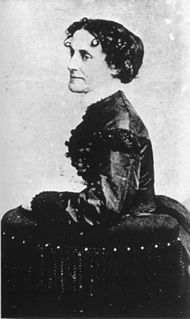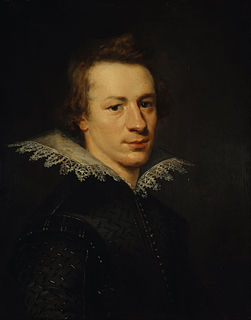A Quote by David Hume
Reason is, and ought only to be the slave of the passions.
Related Quotes
It was not reason that besieged Troy; it was not reason that sent forth the Saracen from the desert to conquer the world; that inspired the crusades; that instituted the monastic orders; it was not reason that produced the Jesuits; above all, it was not reason that created the French Revolution. Man is only great when he acts from the passions; never irresistible but when he appeals to the imagination.
Nature in causing reason and the passions to be born at one and the same time apparently wished by the latter gift to distract man from the evil she had done him by the former, and by only permitting him to live for a few years after the loss of his passions seems to show her pity by early deliverance from a life that reduces him to reason as his sole resource.
By directing our sentiments, passions, and reason toward the common human plight, imagination grants us the advantages of a moralexistence. What we surrender of innocent love of self is exchanged for the safeties and pleasures of belonging to a larger whole. We are born dependent, but only imagination can bind our passions to other human beings.








































